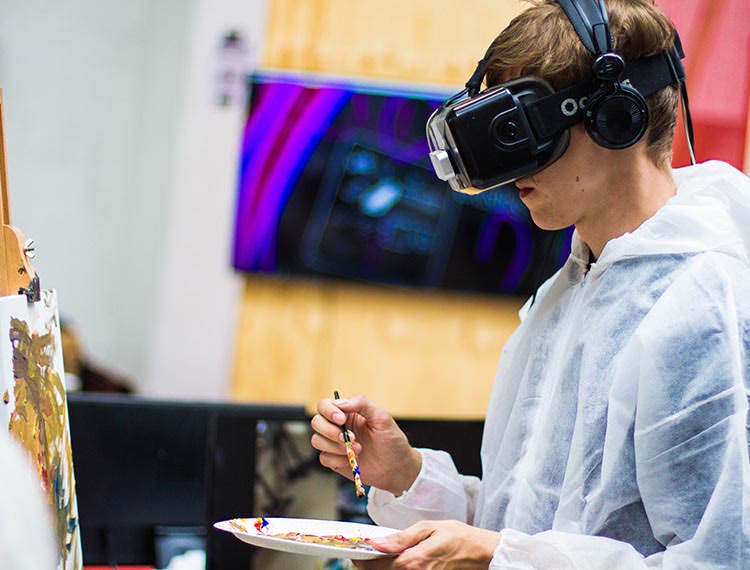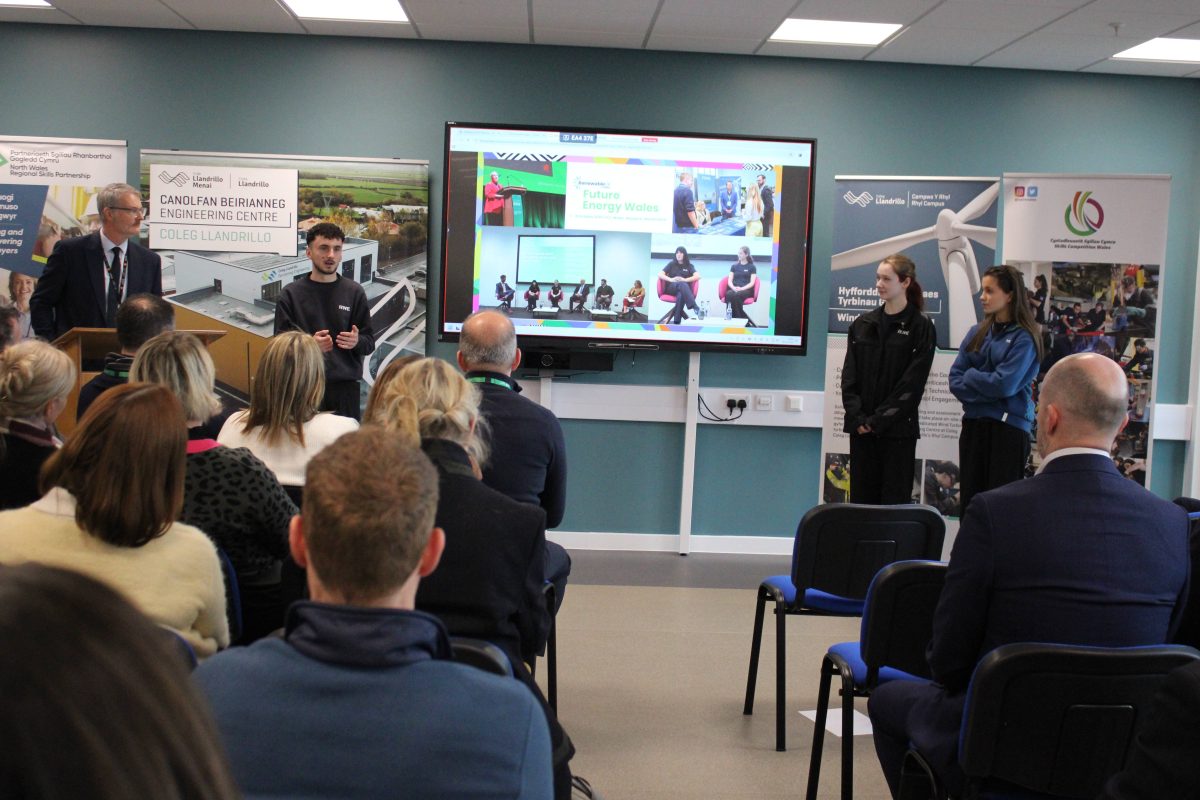UK EdTech sector grows to £3.5bn as demand surges for digital classrooms and AR

UK #EdTech sector grew by 72% in 2020 – with further growth forecast this year amid Spring Term school closures
Lockdown measures and mandatory school closures in 2020 led to an explosive 71.5% growth of the UK’s education technology sector (edtech) – in spite an -11% contraction in GDP (as of November 2020).
- Top of the class: 72% UK growth vs 18% global growth
- Value of UK edtech exports expected to reach almost £300m in Q1 2021
- +56% increase in job roles advertised in edtech in past year
- 41% of all edtech investment into Europe goes to UK
- +91% increase in UK investment, vs +8% in Europe, and -12% in USA
- Exceptional growth in AR (+119%), digital classrooms (+65%), and SaaS (+57%)
Growth of the UK’s edtech sector surpassed the +17.9% year-on-year growth of the industry globally by 4x the pace.
The growth puts the value of the UK edtech market at almost £3.5bn – with edtech exports pre-crisis bringing in £170m to the economy, now expected to have topped £292m.
The findings come from a report by global recruiter Robert Walters and data provider Vacancysoft – EdTech: The Hyper-Accelerator.
Tom Chambers, Senior Manager – Technology at Robert Walters comments:
“In the UK, the edtech market is still very much in its infancy – whilst a surge in demand was forecast for 2020, the reality exceeded all expectations due to the impact of Covid-19 and the need to continue education remotely, whilst simultaneously breaking down the barriers that prevent marginalised groups from accessing it.
“The requirement for both online courses and virtual classes as permanent academic fixtures will dramatically increase the scale of the sector over the next 12 months.”
David Roberts, CEO of edtech KidsLoop comments:
“Unlike many other sectors, the pandemic acted as a ‘hyper accelerator’ for the edtech market. Overnight educational institutions were expected to take their classroom delivery entirely remote, with technology being the only enabler of this.
“In the UK, the biggest barrier to the uptake of edtech to date has primarily been around the cost & time associated with teacher retraining. However, during lockdown teachers had no choice but to become accustomed to edtech tools and by and large learnt on-the-job.
“On the whole, the UK is early on in its journey of embedding technology into its education system – but now that the doors have been opened, we move increasingly closer to hybrid classrooms with the help of optimised learning platforms.”
SMALL FISH TAKING OVER THE POND
There are currently 600 edtech’s based in the UK – representing just 5% of all tech companies in the country. Despite this, overall vacancies in edtech grew by a staggering +56% in 2020 – compared to a +40% increase in vacancies across all other tech sectors in the UK.
Whilst within the UK and Europe there are yet to be any edtech unicorns (companies valued at over $1bn) – with almost all unicorns based in the USA and China – the tide does seem to be turning.
In fact, the UK attracts almost half (41%) of all edtech investment coming into Europe. Edtech investment in the UK has grown by +91%, compared to Europe where investment has increased by just +8%, and in the USA there has been a -12% decrease in investment in recent years.
Tom Chambers adds: “The social impact, youth of the companies and general attractiveness of the industry all plays a part in helping edtech to become one of the fastest growing sectors in Europe.”
GROWTH AREAS
The Robert Walters report identifies augmented reality (AR) as one of the key driving forces of the UK edtech market – growing by +119% in the past year alone. Augmented reality enhances the real-world environment with text, sound effects, graphics, and multimedia, with the value of global edtech AR predicted to surpass $5.3bn by 2023.
Digital Classrooms – those that almost wholly reliant on electronic devices and software – grew by +65% last year, and Software as a Service (SaaS) by +57% – a software distribution model where the application is hosted by a vendor/service provider and made available to customers over the internet – such as Google, Amazon and Netflix.
David Roberts adds: “The super-growth area truly will be in young children, in particular products that are more specialised and address niche or more complex needs – with users being premium schools. The biggest barrier in this market is the lack of test data in order to create a solid product, and it is here where the value of data will really grow.”
Download a copy of Edtech: The Hyper-Accelerator report.
Robert Walters: is a global, specialist professional recruitment consultancy. Operating across 31 countries, with offices in technology hubs in London, the North West, Midlands and South East. Organisations rely on us to find high quality professionals for a range of specialist roles. Leaders in technology recruitment, we place candidates on a permanent, contract and interim basis in organisations ranging from the largest corporates world-wide, through to SMEs and start-ups.
Vacancysoft: is a subscription-based data publisher for the Recruitment Industry. Established in 2006, we now have thousands of subscribers worldwide, clients range from FTSE listed businesses to industry specialists, whereby we optimise new client generation, key account management and business strategy.
KidsLoop: is an innovative CLMS platform that features live and interactive classes, an integrated content library, and robust content authoring tools created for children from six months to 10 years old. The system responds to children’s learning and reports on each child’s progress through the world’s most advanced learning analytics technology, allowing schools and parents to interact and see the learning process clearly – such as the child’s level of interest and interaction with the classroom curriculum. The collection and analysis of personalised learning data by the KidsLoop system is considered a breakthrough in the application of technology to education. Information about the pupils, both learning activities taking place in the classroom and at home, is collected and synchronised to provide teachers and parents with constantly updated data about the child’s progress.











Responses